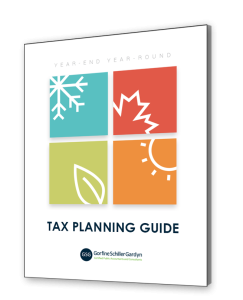Marriages end, and so do business ventures. If your business is owned by two or more persons, a buy-sell agreement is one of the most important legal documents your business can have. This document provides for the “buyout” of an owner’s interest when that owner leaves. Here are the areas that a buy-sell agreement should typically address.
- Describe the events that will trigger the agreement, such as a divorce, disability, death, or notice that an owner simply wants to leave.
- Set a value for each owner’s interest, or provide a formula to value each interest at a later date. Your agreement might require an independent business appraisal.
- Without a method to set the value, there could be some serious problems. Let’s say you and your partner reach a point where you can no longer work together. You believe the company is worth $2 million. Your partner refuses to sell, but he makes you a $100,000, take-it or leave-it offer for your 50% interest. You could face a drawn-out legal battle to settle things.
- Outline a funding plan. Different purchase and financing plans can be used to cover different situations. For example, cross-purchase agreements allow the remaining owners to buy an exiting owner’s share. A redemption agreement allows the company to buy back an exiting owner’s share. Financing options might include owner financing (an installment contract) or life insurance, in the case of an owner’s death.
- Prevent unwanted transfers. Generally owners don’t want a business associate they didn’t choose. Yet this could happen if one owner divorces, dies, or sells his shares to an outsider.
- A buy-sell agreement is designed to provide fair compensation to an exiting owner, while making it possible for the remaining partners to continue in business. We can work with you and your attorney to develop a buy-sell agreement or to review your existing agreement. Call us.





